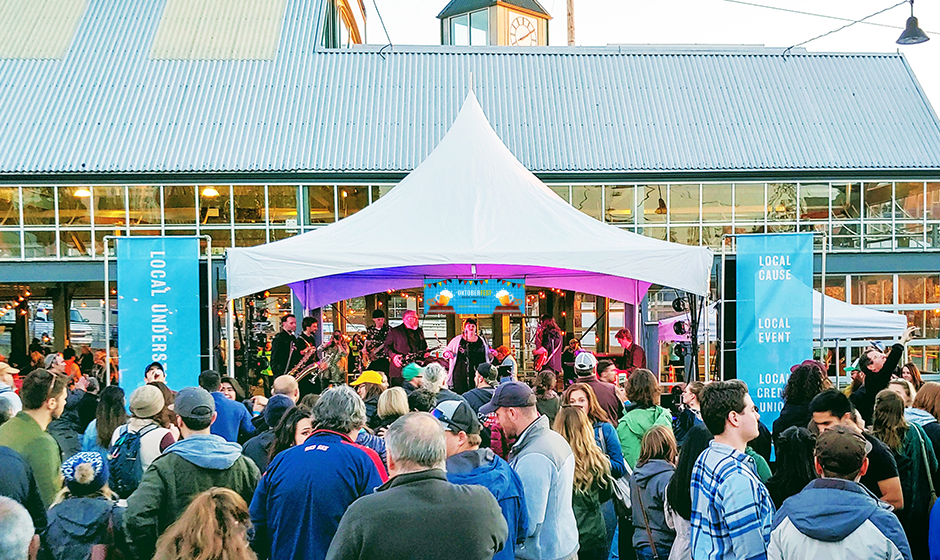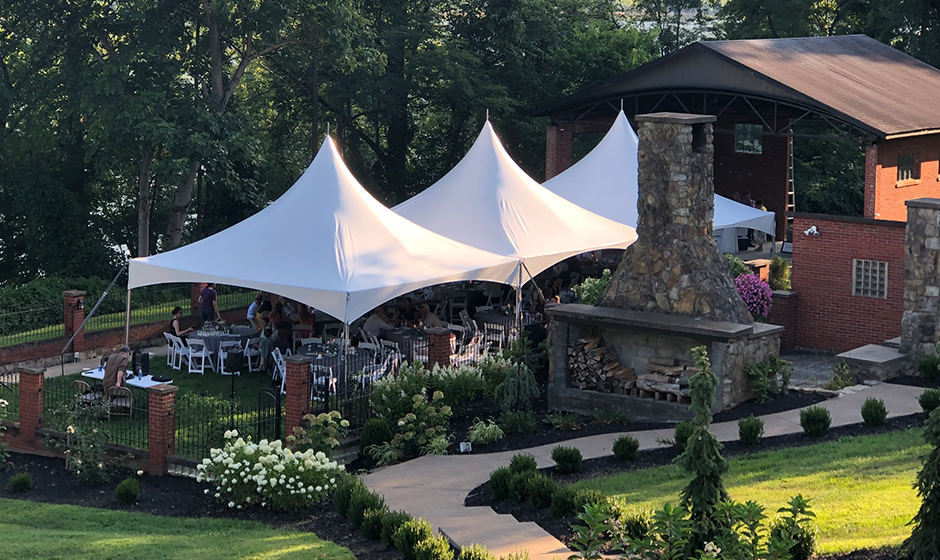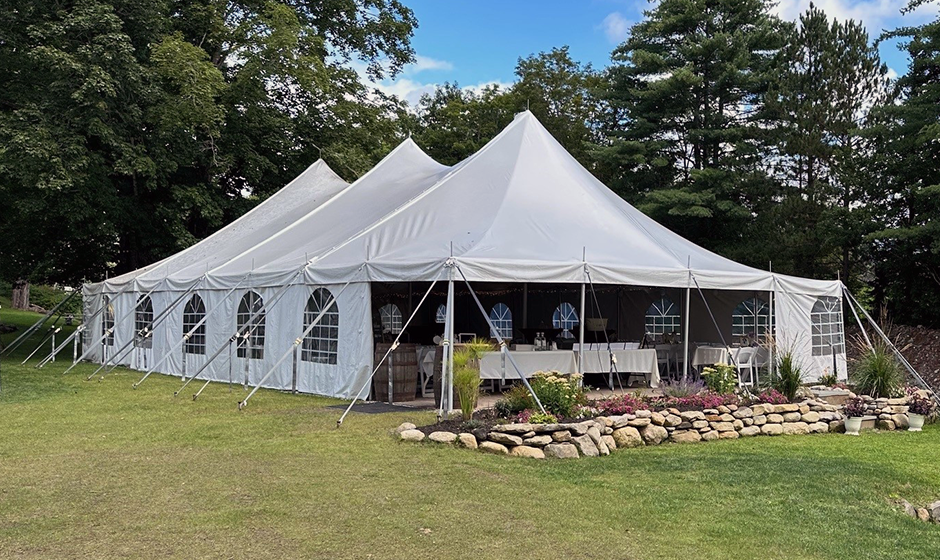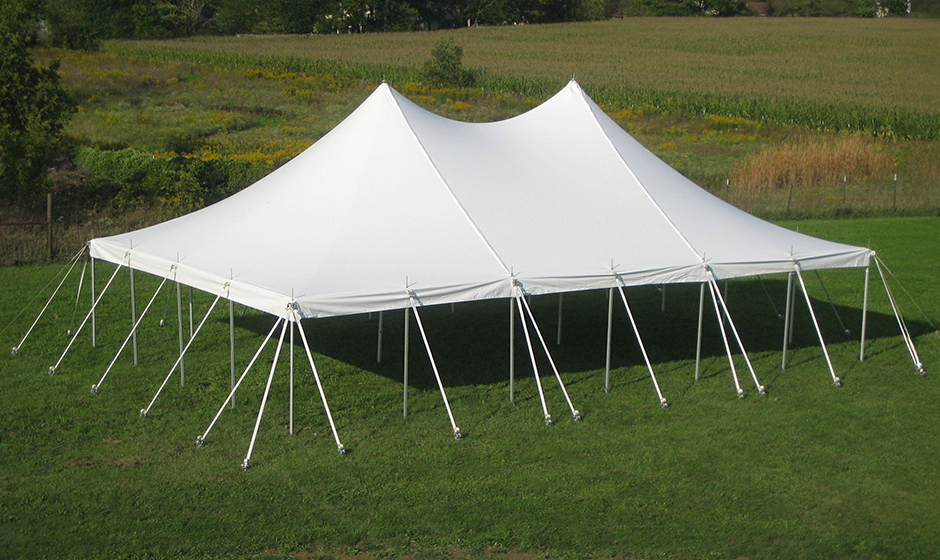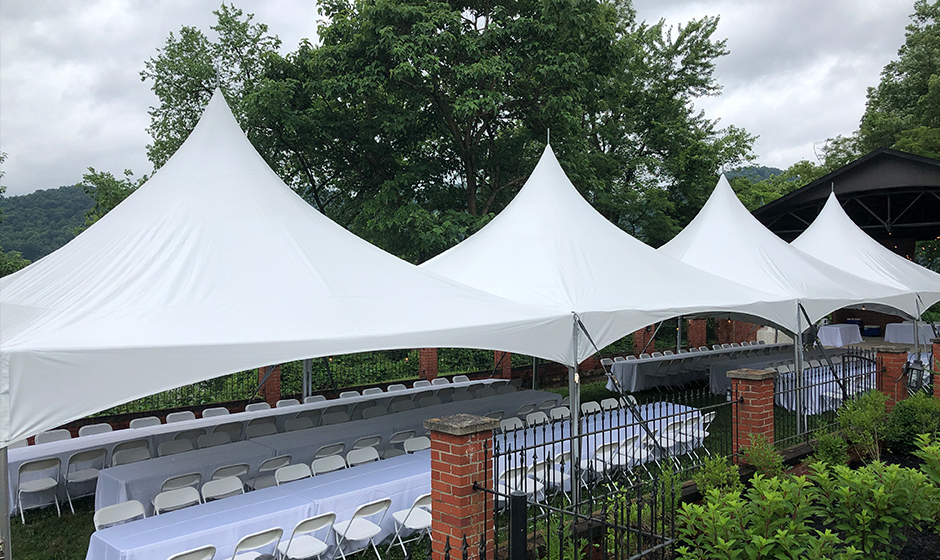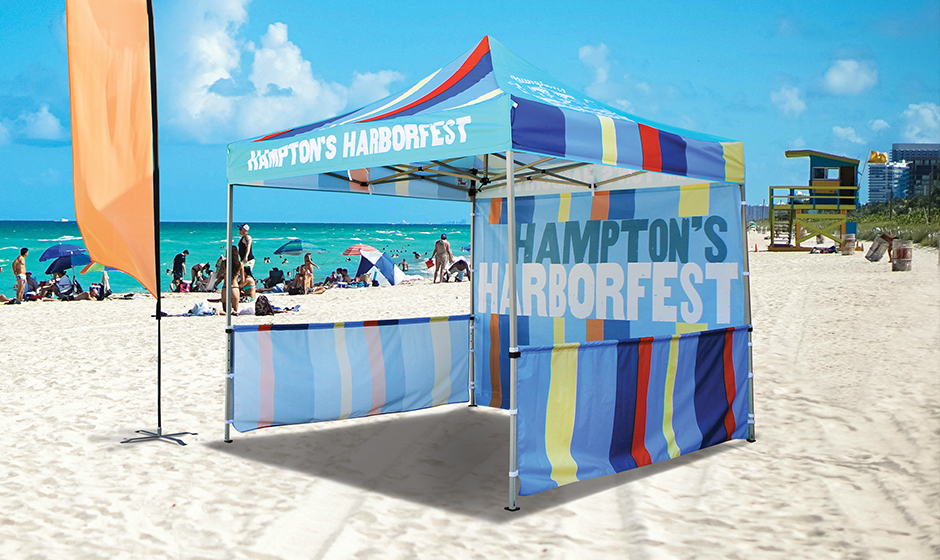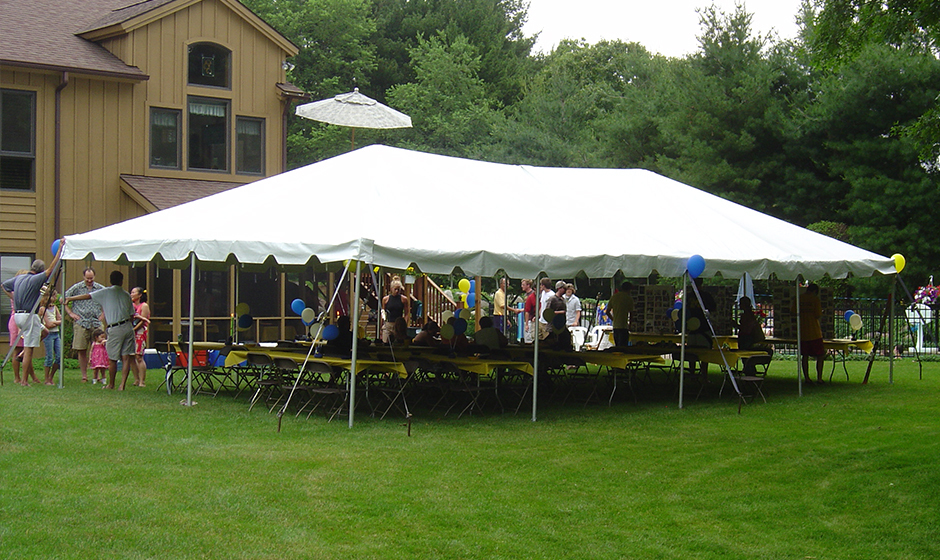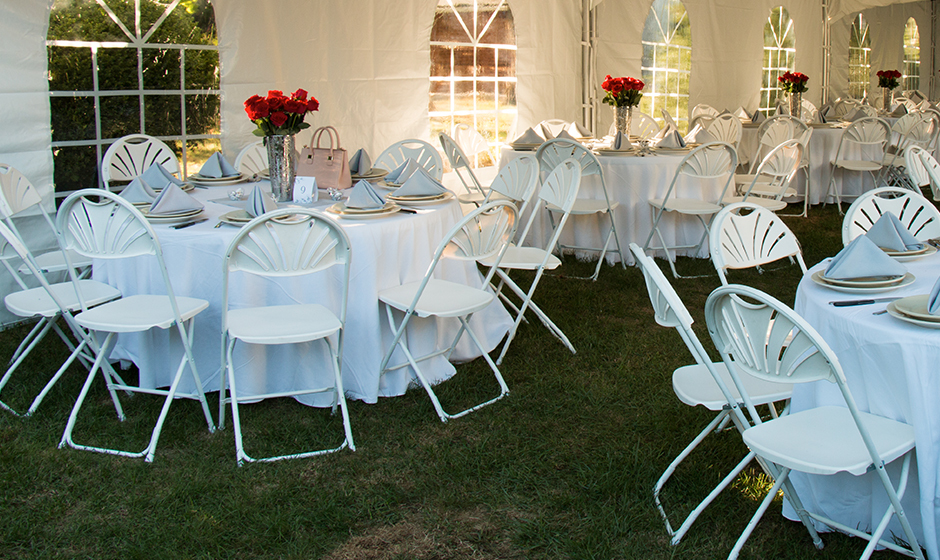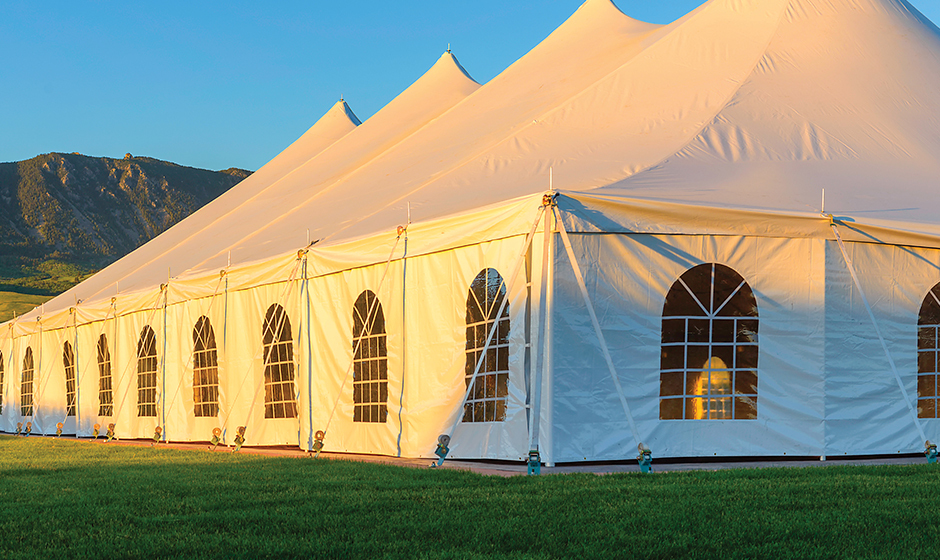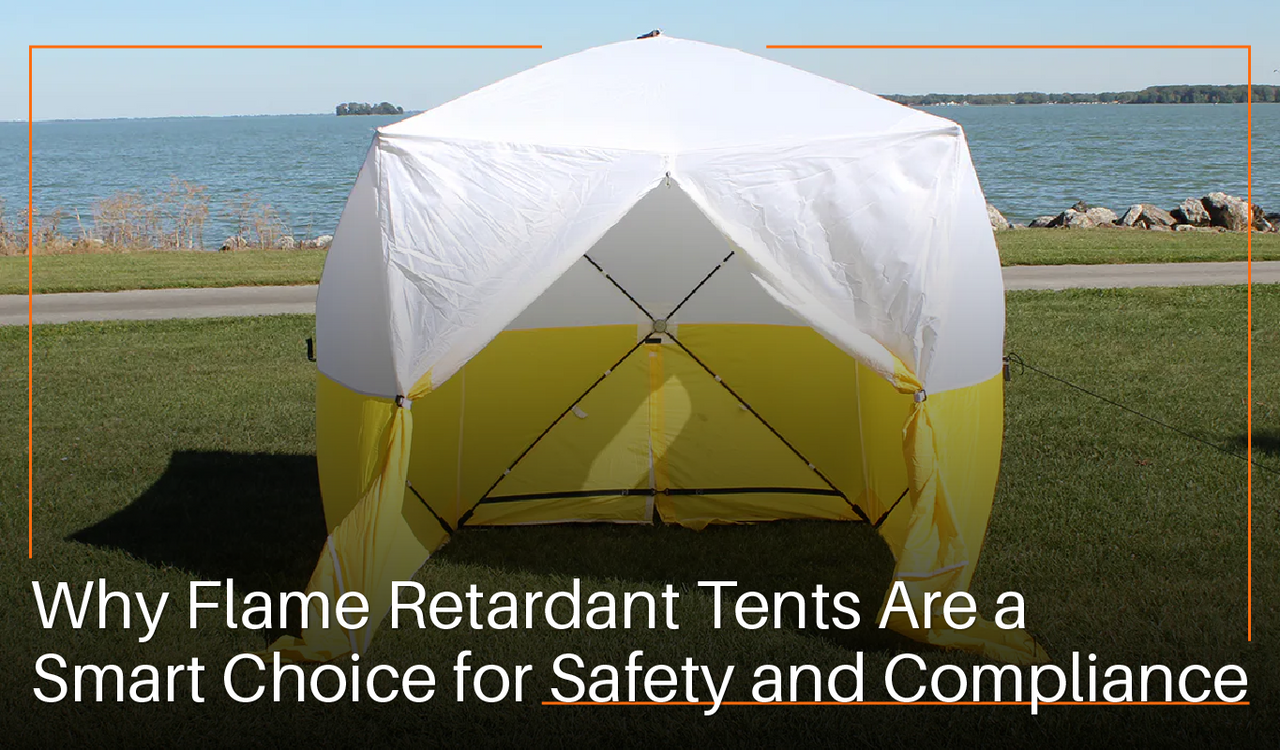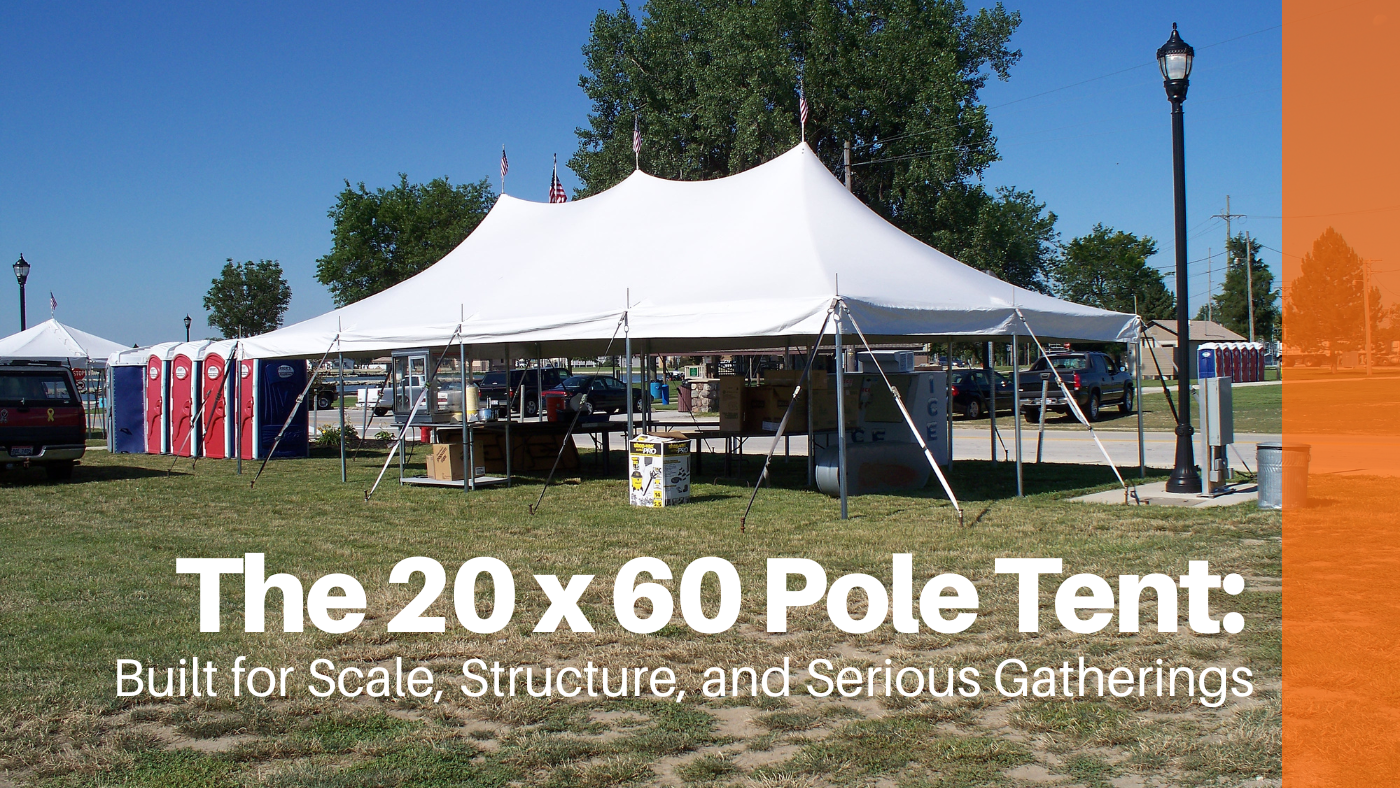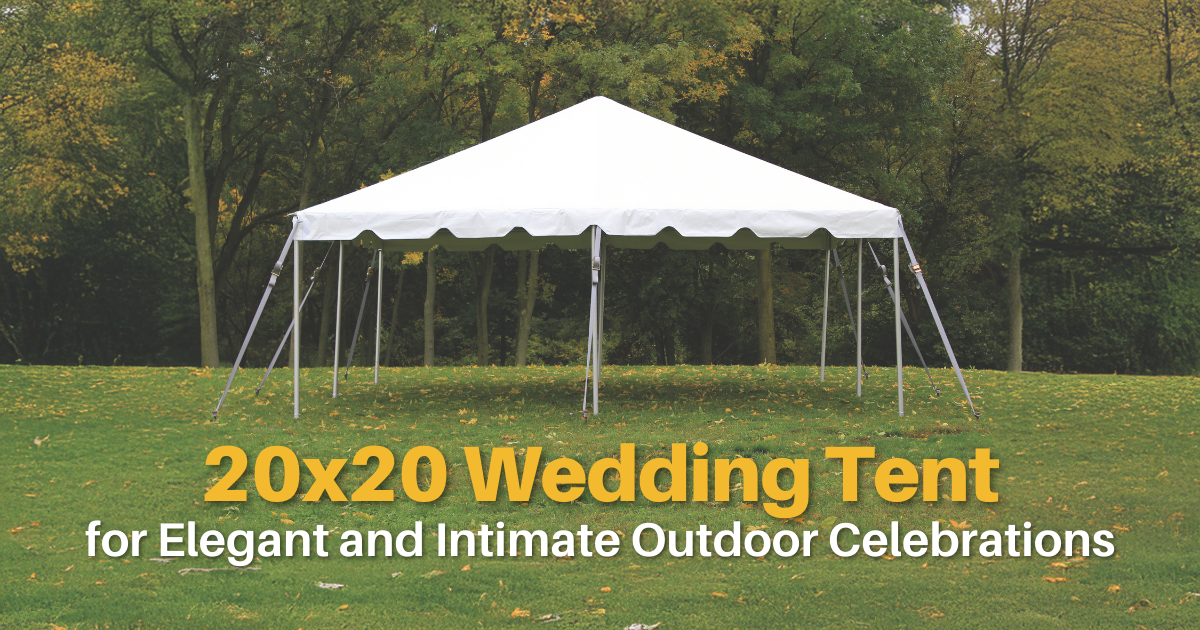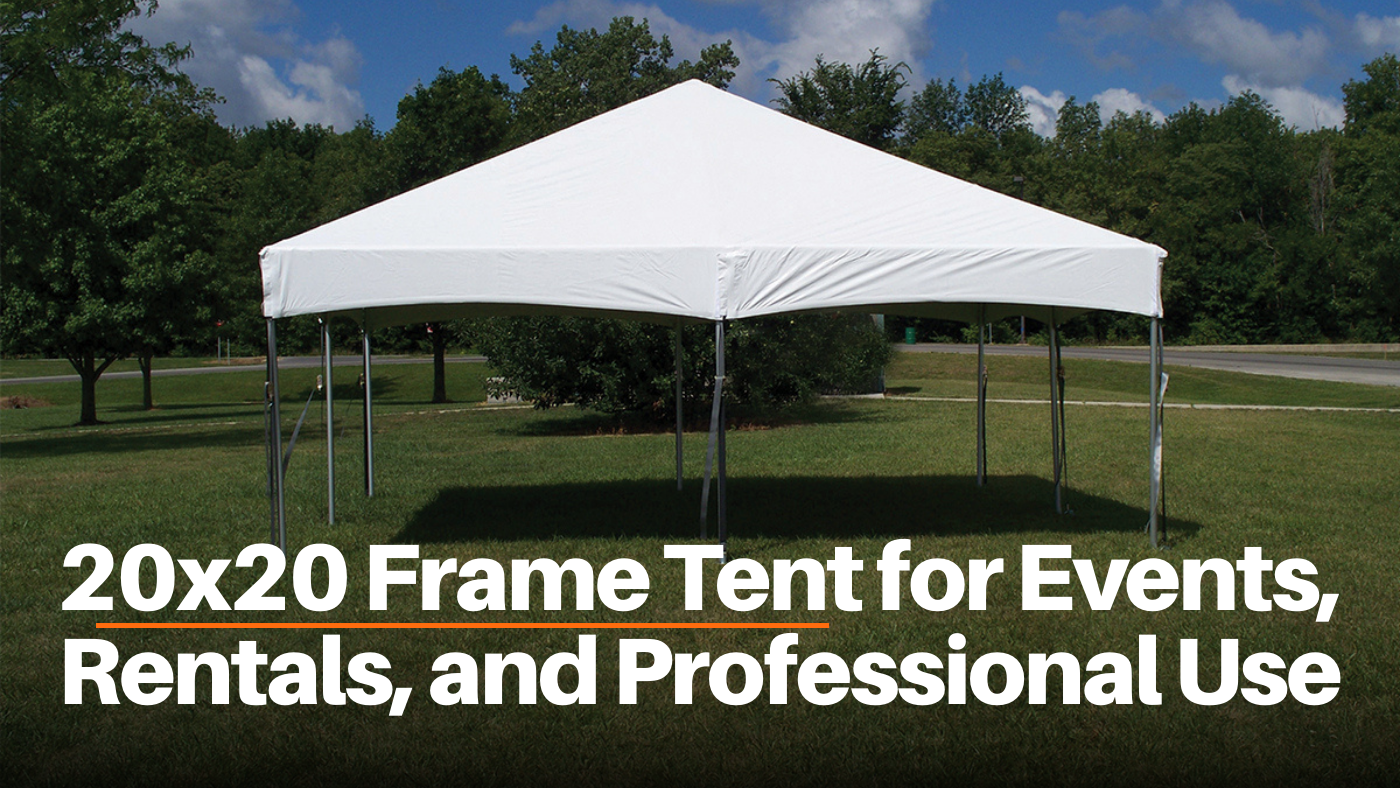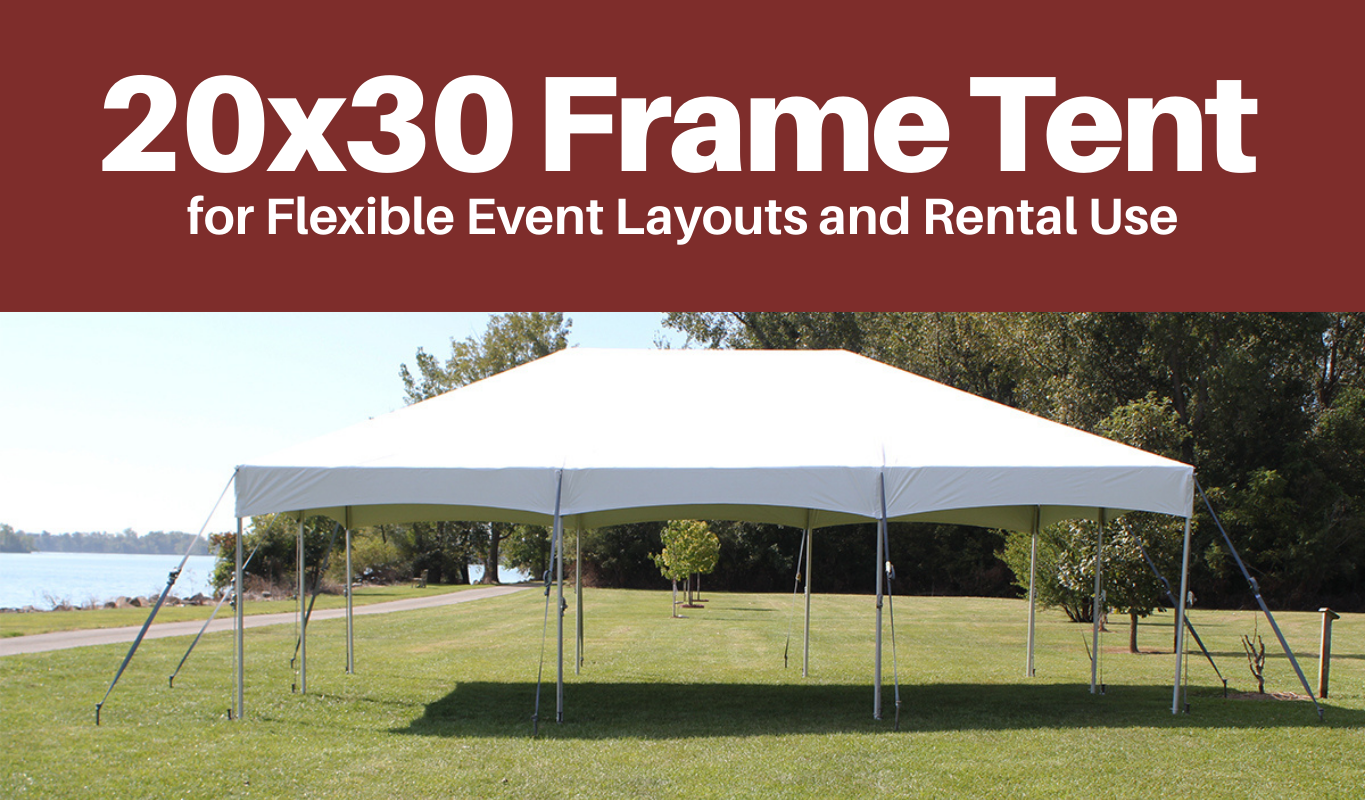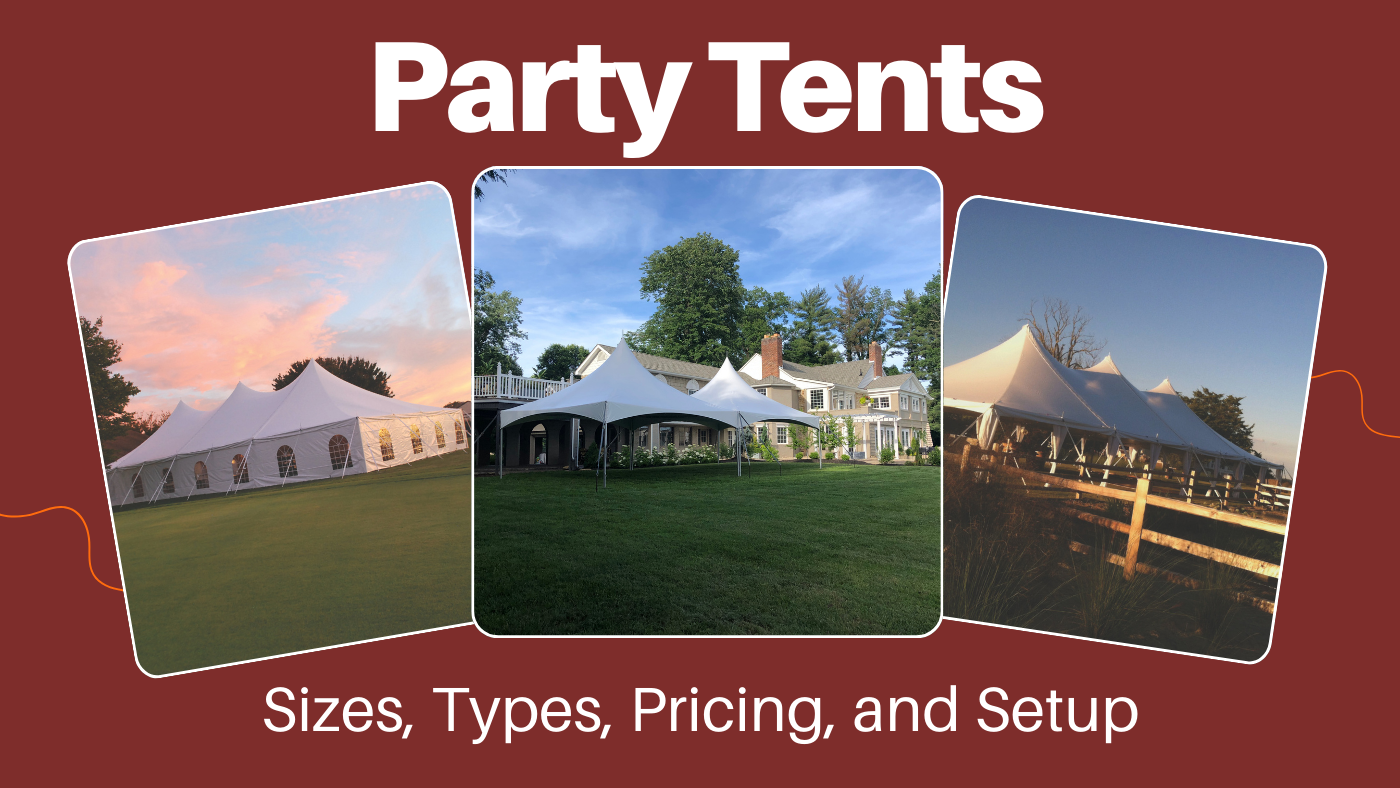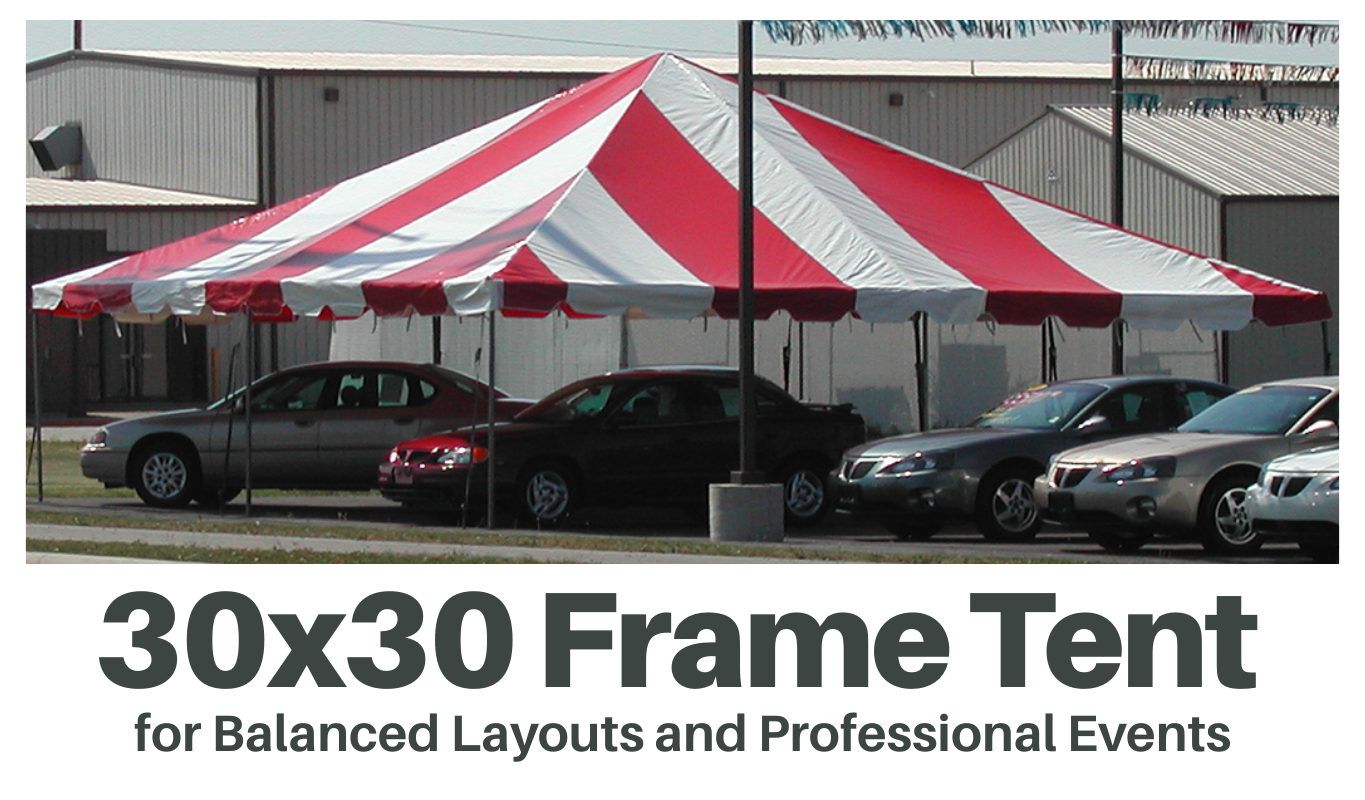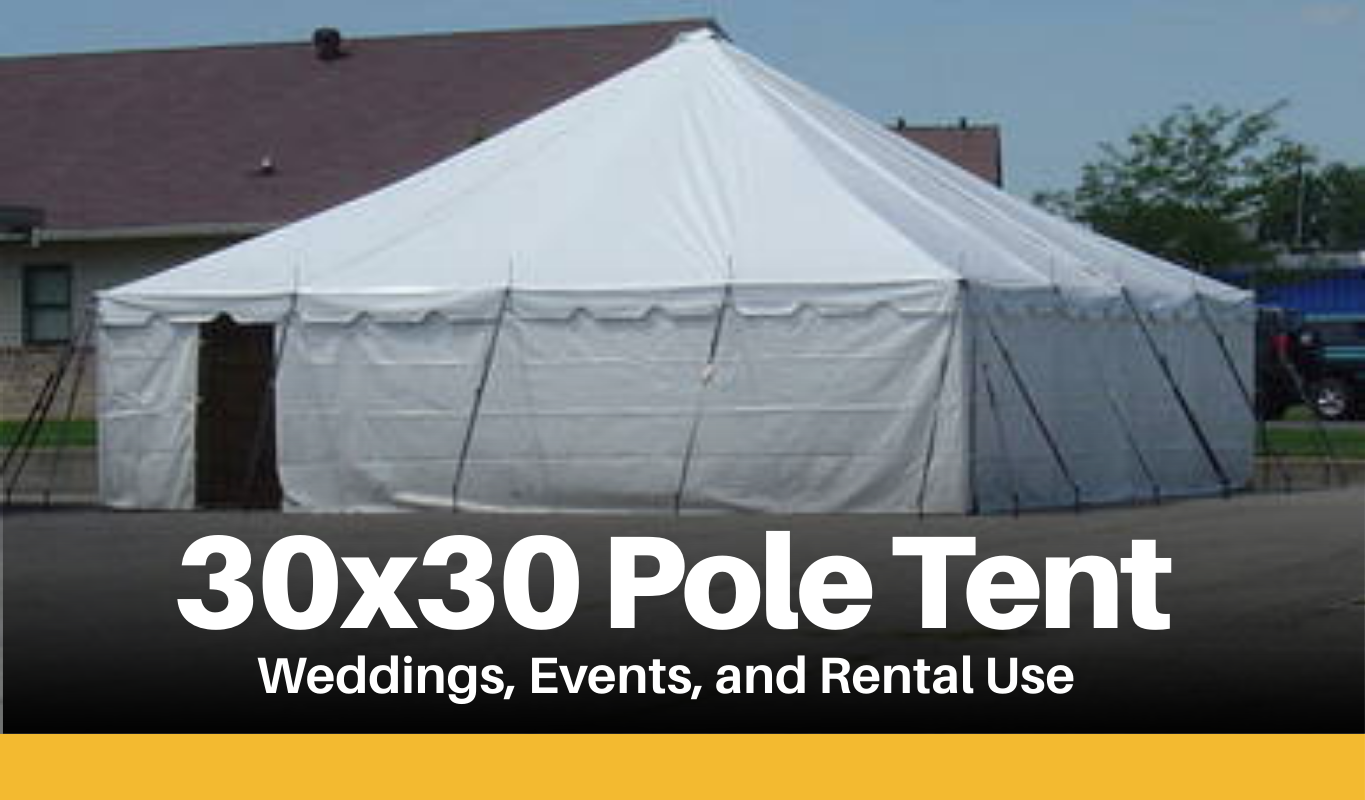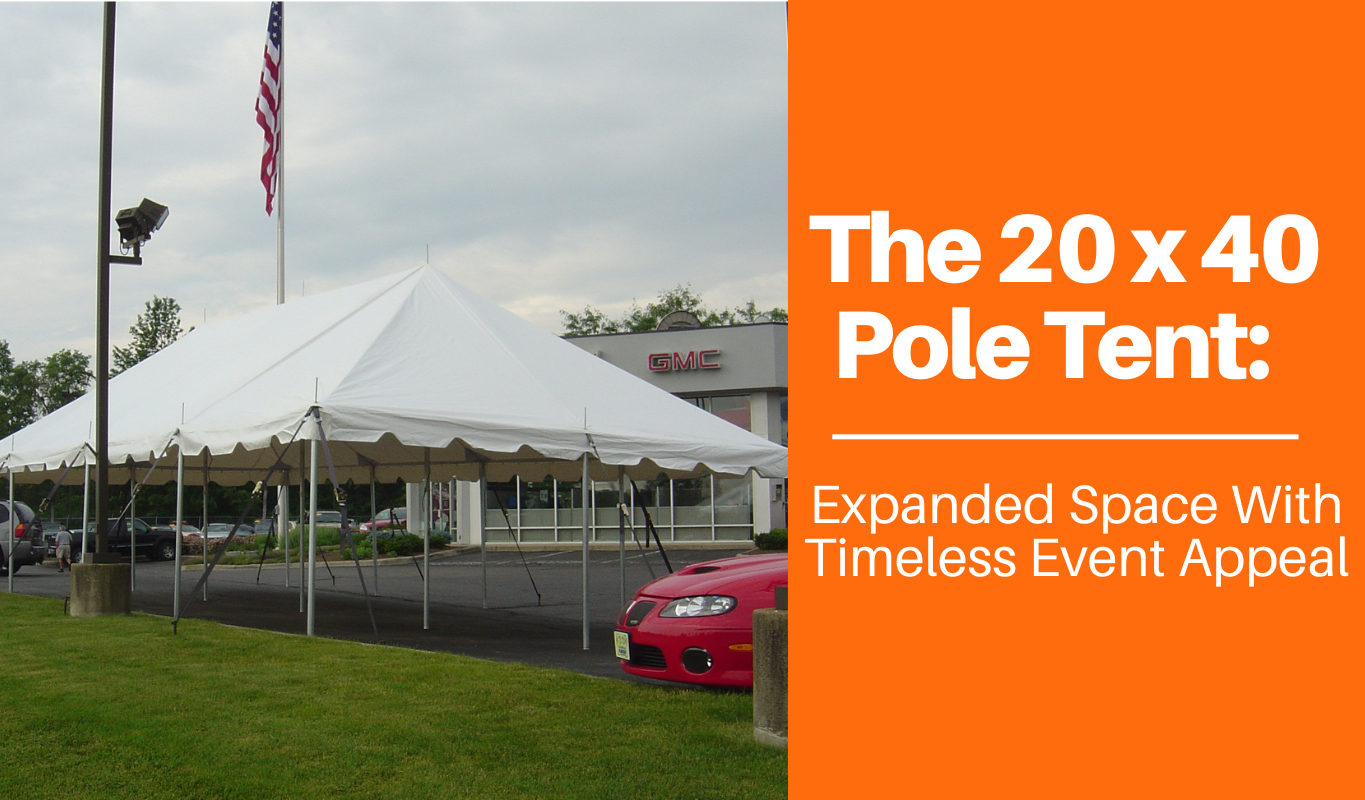Why Flame Retardant Tents Are a Smart Choice for Safety and Compliance
When you're planning any outdoor event, safety is just as important as style—and that’s where flame retardant tents come into play. Whether you’re hosting a backyard wedding, running a vendor booth, or coordinating a corporate function, using tents that meet fire safety standards is a non-negotiable in today’s world.
What Are Flame Retardant Tents?
Flame retardant tents are designed using specially treated materials that resist catching fire. They don’t burn easily, and if exposed to flames, the fire is far less likely to spread. These tents are made with vinyl or polyester that’s treated with fire-retardant chemicals or manufactured with inherently flame-resistant fibers.
Many of them also carry certifications like NFPA 701 (National Fire Protection Association), CPAI-84 (for camping tents), or California State Fire Marshal labels. These certifications make it easier to get permits for public events and put both guests and organizers at ease.
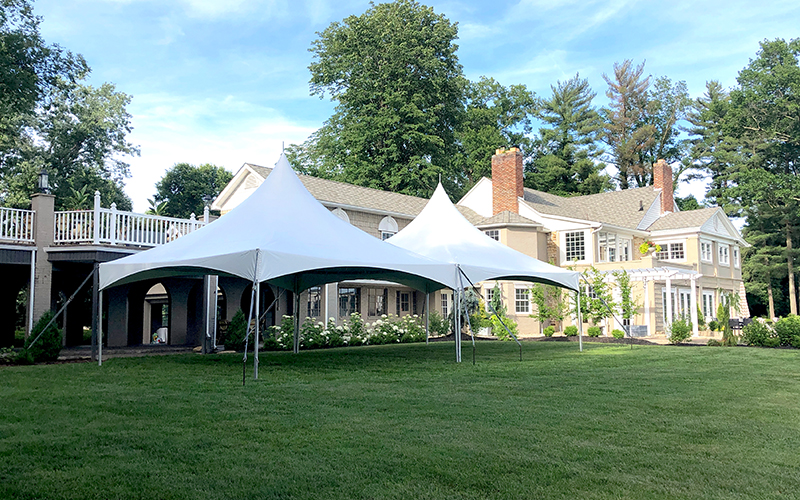
Why Flame Retardant Tents Matter for Events
Local fire departments and municipalities often require proof of flame resistance before issuing event permits. If your tent doesn’t meet the standard, you may be asked to take it down or denied permission altogether. But even beyond compliance, there’s a more personal reason for choosing these tents—safety.
Imagine a food vendor with open flames nearby, or decorative lighting strung throughout your event. A tent that resists catching fire could be the difference between a contained situation and a dangerous one.
Key Applications for Flame Retardant Tents
- Weddings and private parties: With candles, string lights, heaters, and catering setups, flame-resistant materials protect guests and décor.
- Food vendors and concessions: Fryers and grills create elevated fire risks—flame retardant tents help mitigate those dangers.
- Festivals and fairs: With close quarters, electrical setups, and crowds, safety requirements are more strict than ever.
- Construction and job sites: When temporary shelters are needed on-site, flame resistance is often a mandatory feature.
CELINA Team Insight: All Celina tents are engineered with high-performance materials and optional flame-retardant certifications—helping you meet safety requirements without sacrificing style or durability.
What to Look for in a Flame Retardant Tent
Not all tents labeled “flame retardant” are created equal. Here’s what to look for:
- Proper certification labels: Look for tags sewn into the fabric showing NFPA or CPAI compliance.
- Durability: Choose heavy-duty materials that also offer UV resistance, water resistance, and long-term strength.
- Quality framing: The flame-resistant fabric is just one part—the frame must be stable and secure to reduce the risk of collapsing during emergencies.
- Easy documentation: Many high-quality tents come with certificates that can be shared with local officials for permit applications.
Peace of Mind Comes Standard
Investing in a flame retardant tent means you're choosing a safer path for your event, business, or organization. While they may come at a slightly higher price point than standard tents, the benefits—protection, credibility, and peace of mind—are well worth the investment.
And let’s not forget the message it sends to clients or guests: you care about their well-being.
Do You Always Need a Flame Retardant Tent?
In many public spaces or commercial applications, yes. Fire marshals often require tents to meet flame retardant regulations, especially if you’re in a high-risk category like food service, entertainment, or crowded events. For private use—like home barbecues or backyard gatherings—it’s not always required, but still a wise choice.
Final Thoughts
Whether you’re a vendor, event planner, or simply hosting family and friends, flame retardant tents offer a critical layer of protection. In a world where safety and compliance are becoming more vital than ever, they’re no longer optional—they’re essential.
Looking for durable, certified flame retardant tents that meet safety standards and look great doing it? We offer a wide selection of event-ready canopies designed for both function and flair. Contact us today and protect your next event with a tent you can trust.
FAQ: Flame Retardant Tents
What makes a tent flame retardant?
Flame retardant tents are made from vinyl or polyester fabric that’s treated or manufactured to resist ignition. These materials slow down or prevent the spread of flames, providing added safety in case of accidental exposure to heat or fire.
Do flame retardant tents meet specific safety standards?
Yes. Quality tents carry certifications such as NFPA 701, CPAI-84, or California State Fire Marshal approval. These standards confirm the fabric’s fire resistance and are often required by local fire departments for public events and vendor permits.
Are flame retardant tents required for all outdoor events?
In most public or commercial settings—like festivals, food fairs, or corporate events—flame retardant tents are mandatory. For private backyard gatherings, they’re not always required but remain a smart safety choice, especially when using lights or heaters.
Will a flame retardant tent still burn?
Flame retardant doesn’t mean fireproof. These tents can still burn under direct flame, but the material self-extinguishes or slows the fire’s spread. This allows more time for response and minimizes overall damage or injury risk.
Can I use open flames under a flame retardant tent?
Yes, but with caution. While the tent fabric resists ignition, it’s best to keep open flames like grills, heaters, or candles a safe distance away. Always follow fire marshal guidelines and ensure proper ventilation and fire extinguishers are on site.
How can I prove my tent meets fire safety codes?
Certified tents come with visible flame-retardant labels and manufacturer documentation. CELINA provides compliance certificates and tags on all flame-retardant tents—making it simple to show proof to inspectors or event officials.
Do flame retardant tents cost more?
They can be slightly more expensive due to specialized materials and testing. However, the added protection, easier permitting, and long-term peace of mind make them a worthwhile investment for both rental companies and private users.




